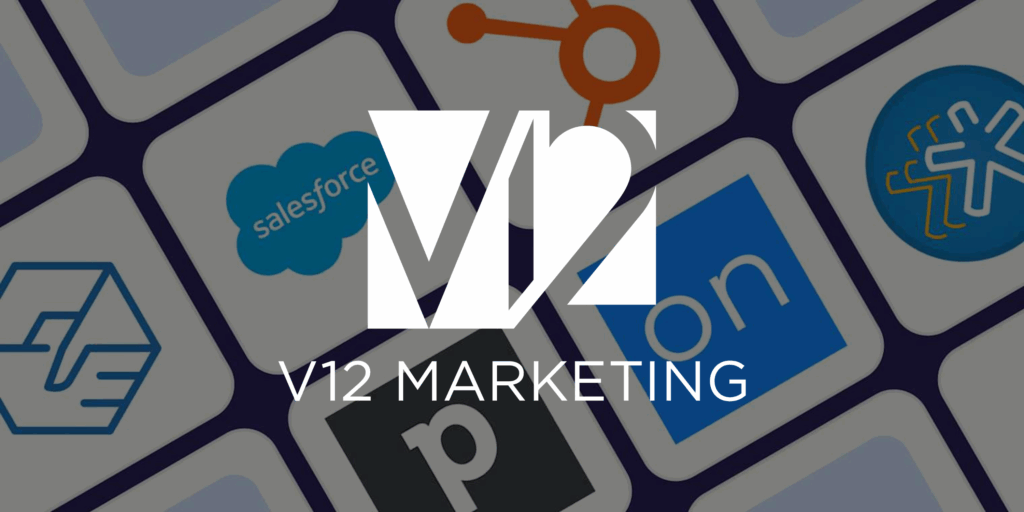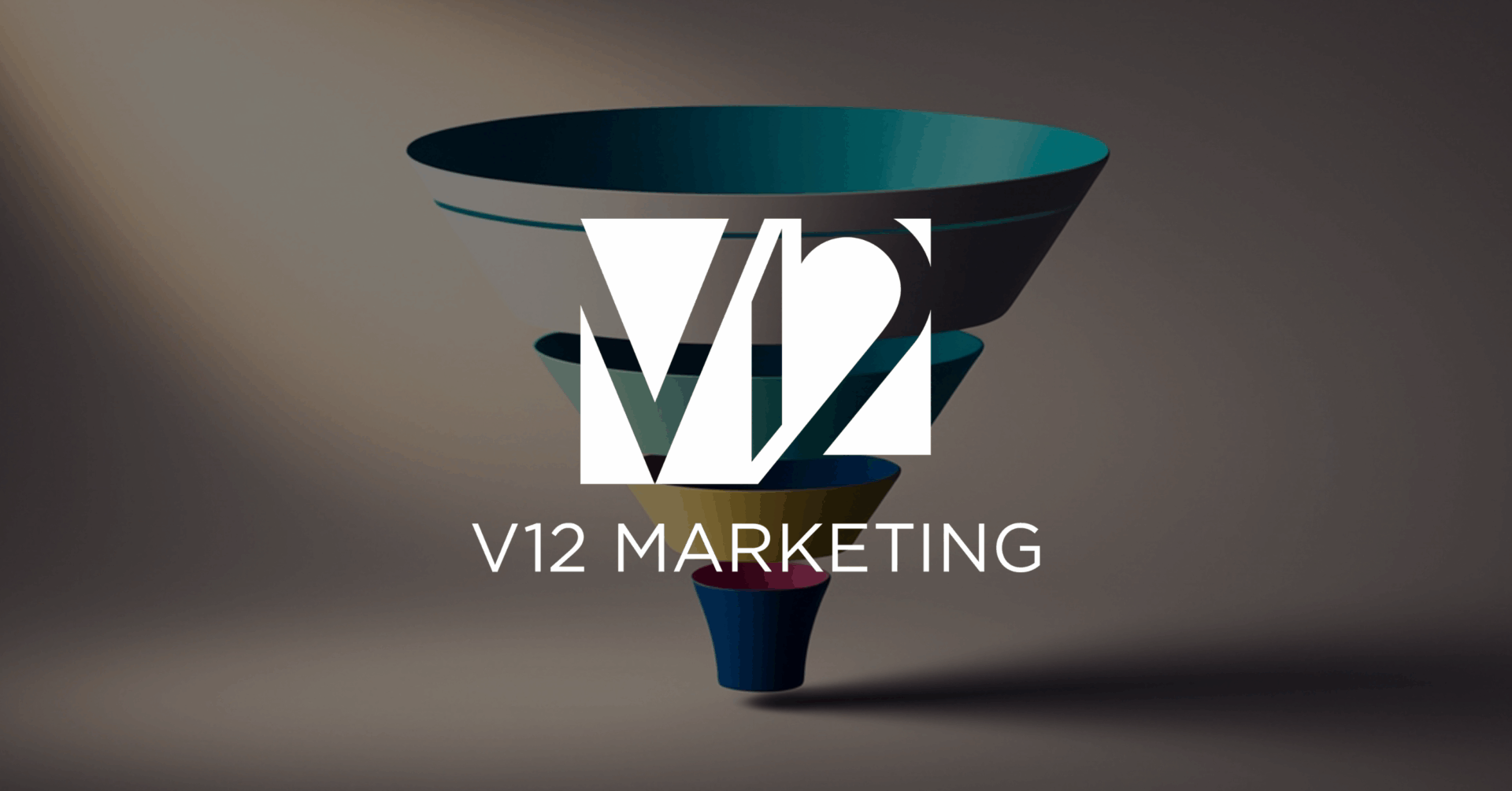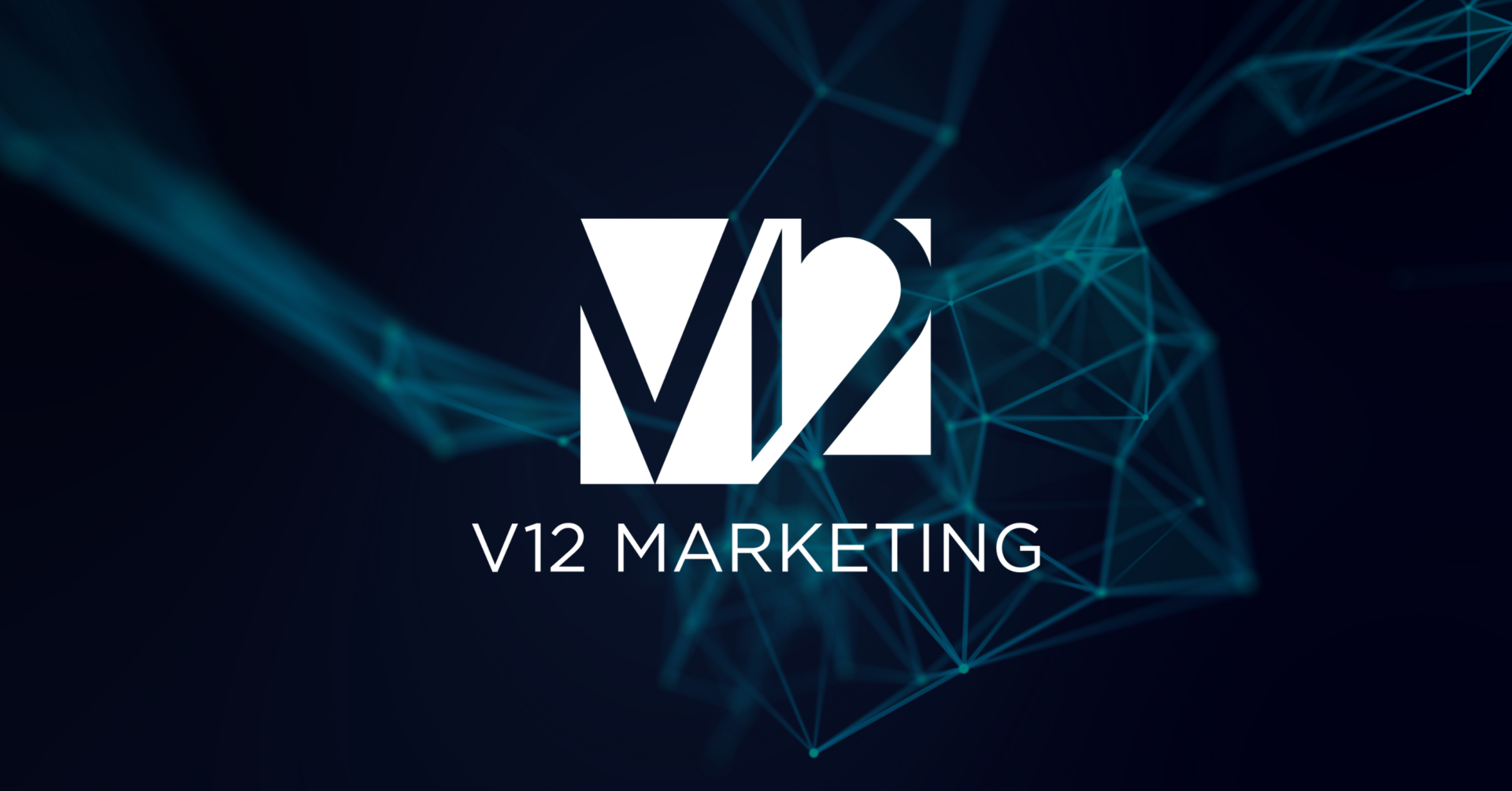
Customer Relationship Management (CRM) tools have become the cornerstone of modern marketing strategies.
What started as simple databases of contacts has transformed into intelligent ecosystems capable of driving automation, personalization, and predictive decision-making. This blog explores how CRMs have evolved, what features marketers can take advantage of today, and where the technology is heading in the years ahead.
1. Evolution of CRM Systems
From Rolodex to Real-Time Intelligence
CRMs began as basic tools for managing contact lists and tracking sales activities. Over time, they evolved to integrate email tracking, lead scoring, and customer engagement history. As cloud computing took hold, CRMs moved online, offering real-time access to customer data from anywhere.
By the mid-2010s, CRMs began integrating with marketing automation platforms, support channels, and data analytics tools. The rise of artificial intelligence (AI) in the late 2010s marked another leap, introducing intelligent assistants capable of anomaly detection, sales forecasting, and personalized engagement.
Today, CRM platforms are converging with AI, automation, and omnichannel communication, becoming not just reactive databases but proactive decision engines.
2. Capabilities of Modern CRMs
A. AI-Driven Automation
Modern CRMs utilize AI to enhance nearly every aspect of customer interaction:
-
Predictive lead scoring helps prioritize high-conversion prospects.
-
Automated segmentation allows marketers to create hyper-targeted campaigns.
-
Conversational AI bots handle inquiries, nurture leads, and qualify contacts.
-
Behavioral analysis anticipates customer needs before they’re expressed.
-
Smart recommendations guide users on the best next steps for each lead.
B. Multichannel Integration
Today’s CRMs are designed to integrate every touchpoint, including:
-
Email marketing
-
Social media
-
SMS and mobile apps
-
Live chat and chatbots
-
Call tracking and voice platforms
This centralization ensures consistent and coordinated communication across the customer journey.
C. Customer Data Platforms (CDPs)
Many modern CRMs are layered on top of robust CDPs, which collect and unify data from every customer interaction. This creates a comprehensive, real-time customer profile, enabling:
-
Personalized messaging
-
Accurate attribution
-
Enhanced analytics
-
Seamless omnichannel experiences
D. No-Code and Low-Code Customization
As user demands increase, CRMs now offer intuitive interfaces that let marketers build workflows, dashboards, forms, and automations without writing a single line of code. These tools enable fast deployment and greater accessibility for non-technical teams.
E. Privacy, Security, and Trust
With rising concerns about data privacy, CRMs are evolving to support features such as:
-
Consent management
-
Data encryption
-
Access controls
-
Audit trails
-
Privacy-by-design architecture
Trust is becoming a competitive advantage, and CRMs are aligning to support ethical and transparent marketing practices.
3. Strategic Trends Shaping the Future
AI Agents and Autonomous CRM Systems
The next wave of CRM innovation involves autonomous agents, AI tools capable of executing tasks like sending emails, scheduling follow-ups, qualifying leads, and even engaging customers across channels without manual input.
These systems will not only assist marketers but act independently, handling routine interactions and surfacing only strategic decisions for human review.
Hyper-Personalization at Scale
The future of CRM is about precision and context. Using real-time behavioral data and predictive modeling, CRMs will enable:
-
Personalized content recommendations
-
Dynamic email copy based on individual user preferences
-
Real-time offer generation during customer interactions
This personalization won’t just happen in email, it will extend to websites, SMS, chat, and even offline interactions.
Democratization of CRM Tools
CRM systems are becoming more affordable, scalable, and user-friendly, especially for small and mid-sized businesses. Subscription-based pricing, mobile apps, and modular features allow businesses of any size to access tools once limited to enterprise giants.
IoT and Context-Aware Marketing
With more connected devices entering the ecosystem, CRMs will increasingly leverage real-time data from wearables, smart homes, vehicles, and in-store sensors. This context-aware data will trigger timely and relevant marketing messages, bridging the digital and physical worlds.
Real-Time Intelligence and Feedback Loops
Future CRMs will function in near real-time, collecting data, adjusting campaigns, and triggering next steps dynamically. This allows brands to pivot strategies instantly and engage customers at the most opportune moments.
4. Choosing the Right CRM for Your Marketing Goals
To select the right CRM, marketers should consider:
1. AI & Automation Features
Look for platforms that offer robust AI capabilities, such as predictive analytics, smart segmentation, generative content, and automated follow-ups.
2. Omnichannel Reach
Ensure your CRM supports integrated communication across all major platforms and channels.
3. Customization & Flexibility
No-code or low-code tools are vital for adapting quickly to changing campaigns and business needs.
4. Data Unification
A CRM is only as powerful as the data it leverages. Choose one with built-in CDP capabilities or strong integrations.
5. Privacy & Compliance
Make sure the platform supports your region’s data privacy laws and offers features like consent tracking and data control.
6. Scalability
As your business grows, your CRM should grow with you, offering advanced tools without forcing a platform switch.
5. What’s Next for CRMs?
Looking ahead, the CRM landscape is expected to shift toward:
-
Fully autonomous marketing agents that act independently with minimal oversight.
-
Tighter integration with creative tools for generating content on the fly.
-
Intuitive, voice- or gesture-based interfaces, replacing traditional dashboards.
-
Advanced data visualizations and simulations, helping marketers predict campaign outcomes before launch.
-
Trust-first marketing ecosystems, where transparency, consent, and ethical AI usage become key differentiators.
The CRM of tomorrow will be more than a customer database. It will be a smart, autonomous marketing assistant, ready to engage, personalize, and convert at scale. The real challenge for marketers is not choosing the flashiest tool, but building a foundation of clean data, ethical strategy, and customer-focused intent to fully harness what the future of CRM has to offer.





